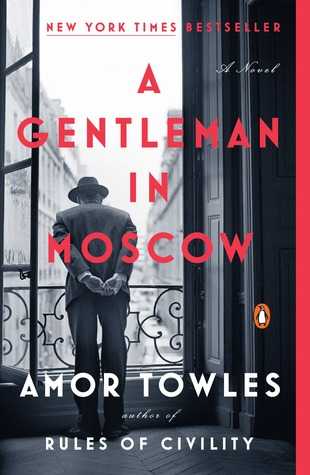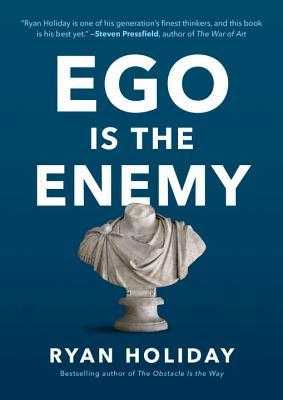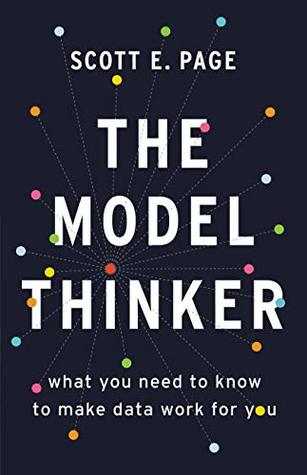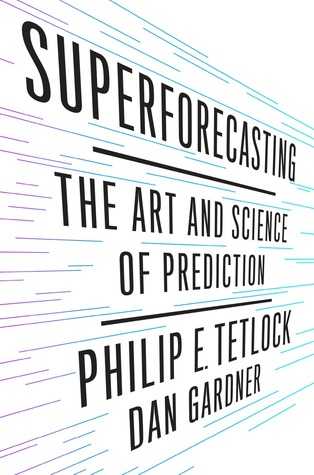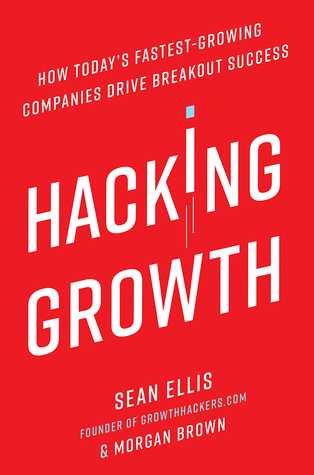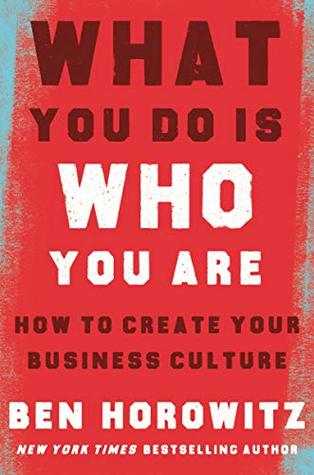Top 10 Books of 2020
I set myself a challenge at the start of the year to read 20 books in 2020. This seemed reasonable at the time, but for very obvious reasons this year has been a roller-coaster year. My most productive reading time had always been flights and commuting to the office both of which ended at the start of the year. Thankfully, I managed to get back on track, so without further ado here are my top reads of 2020.
A Gentleman in Moscow - Amor Towles
I have an obsession with Soviet history. I love reading any thing to do with the period because it so ideologically distant from the world I know. The book is set after the 1920s Communist Revolution and follows a Russian count imprisoned by the Bolsheviks in the luxurious Hotel Metropol. Through a limited but fascinating perspective, you travel through one of the most turbulent and influential chapters of history. The book manages to capture everything that you need in a classic, thrill, romance, betrayal, intrigue and family in one delightfully written package. I usually read non-fiction, but this fictional exploration was so well written it often blurred the lines. I spent hours after reading this book researching events that never happened but felt entirely authentic for the period. It is my top book of the year by a mile and one of the few books that I struggled to put down, give it a chance, and I am sure you will feel the same.
Range: Why Generalists Triumph in a Specialised World - David Epstein
I have always been interested in multiple fields. I consume lots of seemingly unrelated media; obscure technical journals, random textbooks, curated opinion pieces, economic papers, long-form sports essays, and programming blogs. I have always felt that my proclivity to wonder across fields is a strength rather than a weakness. Range excellently articulates the value of being a generalist in a world of specialists by diving into the world of elite performers from athletes to investors, to understand the backgrounds that foster success. Notably, Epstein1 debunks the popular 10,000 hours of practice doctrine that states that early specialisation is the key to success, even changing Malcolm Gladwell’s mind who first popularised it. Epstein’s writing is immersive, and evidence-based. He makes compelling arguments as to why we should focus on trying new things rather than finding the right thing. It is a truly inspiring book for the generalists, flip-floppers and zig-zaggers. A timely reminder that it is never too late to become great at what you do.
Talking to Strangers: What We Should Know about the People We Don’t Know - Malcolm Gladwell
Malcolm Gladwell has a style almost to himself. He consistently artfully blends facts and expert accounts with masterful storytelling. Talking to strangers is a perfect rendition of the Gladwellian style, brilliantly exploring the challenges that we have with the people we know the least but meet the most. There are several high points; one occurs when he cleverly dissects an episode of Friends, another where he recounts spy stories. He highlights just how overconfident we are in our ability to read people, especially those we are unfamiliar with. The book is timely in its coverage of police brutality, taking an in-depth look at the tragic events that occurred in the case of Sandra Bland, providing lessons that I take into every interaction I have. Additionally, if you are a fan of audiobooks, Gladwell has produced a fantastic audiobook version, narrated by himself and uniquely featuring speakers of all of the book’s interviews. The audiobook was so good I listened to the whole thing again after reading the book. I heartily recommend reading this book—Gladwell at his best.
Ego Is the Enemy - Ryan Holiday
This book was recommended by the Managing Partner at my firm. He discussed in his weekly update the importance of our ability to learn, adapt, be flexible, and build relationships with others. He explained using quotes from the Ego is the Enemy to clarify that all of this can be dulled by overconfidence and pride. The short update resonated with me so much so that I immediately ordered a copy. In a year with so many ups and downs, I am grateful for the humility that this book inspired. I have tried to limit quotes in this wrap-up, but I have to share the quote that inspired me to read the book, and so I hope it will do the same to you.
“You must practise seeing yourself with a little distance, cultivating the ability to get out of your own head. Detachment is a sort of natural ego antidote. It’s easy to be emotionally invested and infatuated with yourself and your work, but what is rare is not raw talent, skill, or even confidence, but humility, diligence, and self-awareness.”
The Model Thinker - Scott E. Page
I love thinking about the world in terms of frameworks and models. Rather than trying to understand everything I look for the opportunities to learn how to process the information around me better. The model thinker is a concise exploration of the essential models across all disciplines, from the Solow model in economics to the Broadcast model in epidemiology. It is an excellent read, written by a professor of Complexity, Social Science, and Management at the University of Michigan. Page’s background shines through in the book. He can distil complex ideas in simple terms while maintaining the detail needed to explore the models and concepts in more detail. I routinely re-read sections of this book to remind myself of the various models when I need to think about a problem differently. My number one takeaway from this book is that a single model is often ineffective, but by using a combination of approaches, you can often see unique solutions to some of the most challenging problems. If you care about solving problems, this book is the single best resource of perspectives and frameworks across all disciplines. It perhaps is not one for those who run at the sight of an equation, but a basic understanding of maths is enough to get a ton of value.
Capital in the 21st Century - Thomas Piketty
I started reading this book at the beginning of the year, having heard it mentioned in conversation on several occasions, and it went on to influence a great deal of my thinking. Despite having good reviews, the fact that it was a translation made me worry that it would be dense and difficult to follow. This couldn’t have been further from the truth. Piketty meticulously crafts his narrative about the dangers of the rising ratios between wealth and income at all times, providing strong empirical evidence. He clearly articulates the trouble that will follow if we continue to live in a world where most of the wealth is inherited and thankfully presents several solutions. This book has even more value going into 2021, in the wake of a pandemic which has accelerated the gap between income and capital. An essential read for anyone wanting to understand one of the biggest societal challenges we will face this century.
Superforecasting: The Art and Science of Prediction - Dan Gardner and Philip E. Tetlock
Either directly or indirectly, we are all in the business of making predictions more so now in a period of exceptional uncertainty. Understanding what it takes to make accurate predictions has never been more critical. Super-forecasting explores the process of making predictions, by investigating the challenges, mindsets and methodologies used. It provides actionable insight while covering many examples of remarkable and lousy forecasting, many of which I have shared with colleagues and friends. My favourite chapters are towards the latter end of the book, where the authors discuss the mindset and temperament of super-forecasters. It was comforting to learn that great forecasters are far more reliant on their mentality than their intellect. I enjoyed how it explored the value of familiar concepts like humility, self-reflection and a growth mindset. Overall it is a fantastic read that I predict you will enjoy!
Hacking Growth: How Today’s Fastest-Growing Companies Drive Breakout Success - Morgan Brown and Sean Ellis
I have read many product-focused books this year but what they all lacked was how to get the great products to the actual users. These books were so focused on the engine and experience they did not consider the fuel to drive the car forwards. Hacking Growth is the Lean Startup of customer acquisition, retention and revenue. This book has taught me so much about the power of software-powered marketing and reminded me of the importance of obsessing about your customer. If you are currently or ever plan to grow a business, passion project or idea this book to read.
What You Do Is Who You Are: How to Create Your Business Culture - Ben Horowitz
If you have spent a lot of time with me this year, you would have heard me talk endlessly about culture. I have read many books on culture, but this is the one that I wish I would have read first. Ben Horowitz, who also wrote another of my favourite books “The hard things about hard things”, focused on the behaviours and actions that create some of the most successful organisational cultures. He uses several unconventional examples, but this is one of the strengths of the book. These examples both stay with you and evidence the value of culture in every environment. My most significant learning from this book is that changing culture is not about describing or sharing it is instead about observing and experiencing. I think culture especially early in your career is the number one thing to look for, so if you are just entering the working world or in the first few years of your career I would highly recommend this book.
Peak Inequality: Britain’s ticking time bomb - Danny Dorling
After reading Capital in the 21st century (Capital), I wanted to explore the inequality challenges closer to home. While Capital deals with global wealth inequality, Peak inequality focuses on income inequalities, specifically in Britain. I first learned about Danny’s book after listening to him give a passionate overview of his book in an LSE public lecture. He has written more books about inequality than anyone in Britain. In this, his self-proclaimed final book on the topic, he consolidates his research and addresses some of the UK specific challenges notably about class and explores the correlations between inequality and climate change. The income inequality challenges in Britain are genuinely worrying, and if history does indeed repeat itself, we could be in for a rough ride. An eye-opening read.
-
Not to be confused with Jeffery Epstein of no relation.
↩

